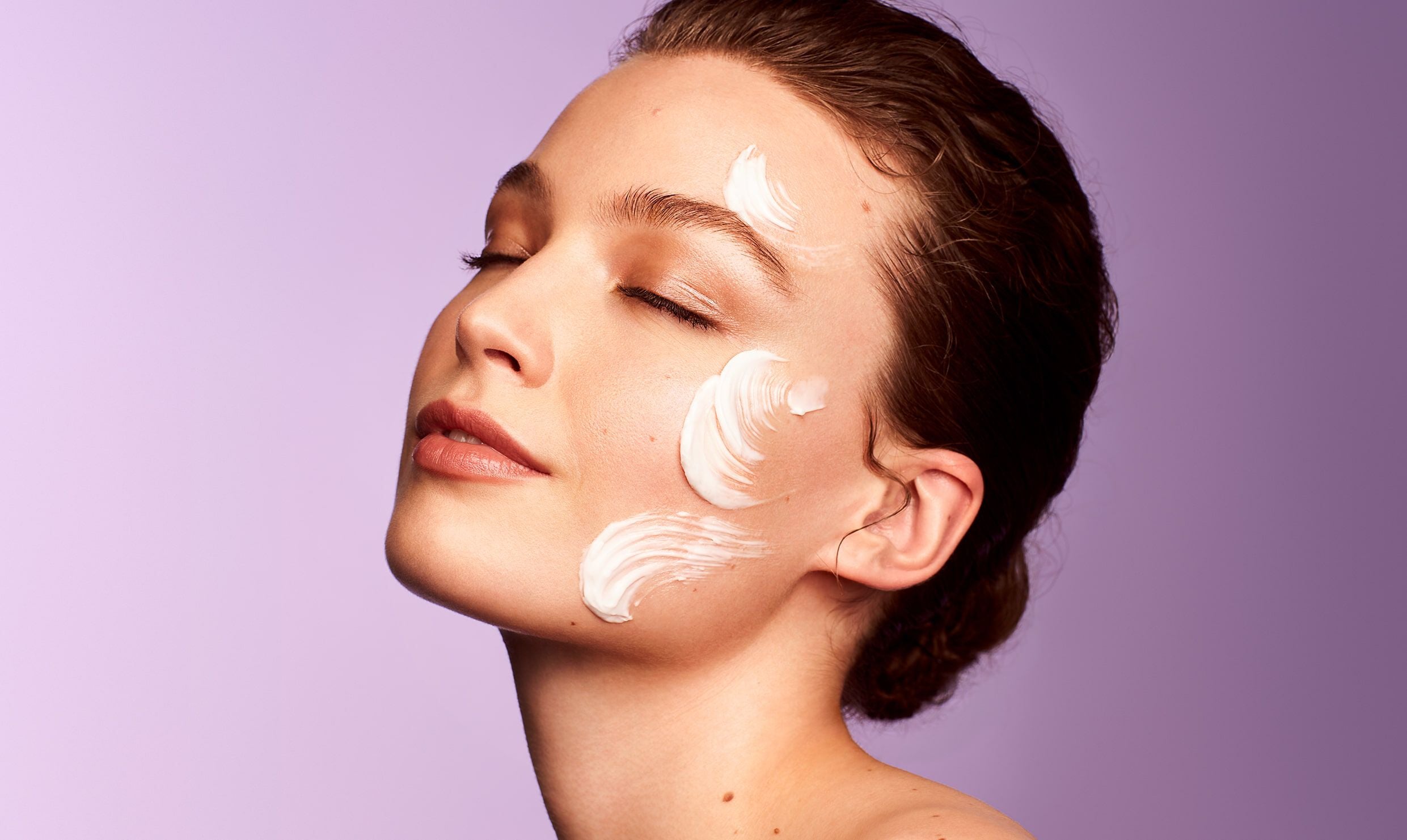Just like the importance of a gentle cleanser or a moisturizer, any skincare regimen must include sunscreen since it gives vital protection from UV radiation damaging effects and helps to prevent skin deterioration. But for those of us who are acne-prone, a frequent question is, “Does sunscreen actually help with acne?”
The general view is that sunscreen does have some advantages in terms of enhancing general skin health and maybe lowering the number of breakouts. Let’s explore if sunscreen may be an efficient acne treatment and whether it can help you have cleaner skin.
Understanding Acne
Acne is a very common skin issue that happens when hair follicles get clogged with oil, germs, and dead skin cells, leading to irritation and breakouts. There are a few factors that contribute to its occurrence, like producing too much sebum (the skin’s natural oil), hormonal changes, and a family history of acne. To properly manage and treat acne, it’s crucial to understand what causes it.
Taking care of your skin is vital for managing acne. Keeping your skin clean, controlling oil production, and using products that won’t clog your pores (non-comedogenic products) are key aspects of a good skincare routine. Different skin care habits can make a big difference for acne prone skin to help achieve a brighter and clearer complexion.
The Role of Sunscreen in Skincare
Any skincare routine must include sunscreen, as it helps protect the skin from harmful UV rays that can cause skin cancer, sunburns, and early aging. But sunscreen’s advantages go beyond that; by halting the deterioration of collagen and elastin, consistent usage of sunscreen can also support the maintenance of skin health. The strength and suppleness of the skin are provided by these fibers, which over time may become less resilient due to UV exposure. You can maintain a young and healthy appearance by wearing sunscreen every day.
However, sunscreen may still be beneficial for those with acne-prone skin, just like it can for people with other skin types, even though it may not be a cure for acne when it comes to treating it directly. It helps shield the skin from additional harm and provides support for the general state of the skin. So, whether you have acne or not, it’s important to include sunscreen in your skincare routine to keep your skin healthy.
The Link Between Sunscreen and Acne
While sunscreen itself may not directly improve acne, it can play a supportive role in managing and preventing further irritation and damage to the skin. Here’s how sunscreen can help with acne:
- Protection from UV rays: Some acne treatments, such as topical retinoids and certain antibiotics, can make the skin more sensitive to the sun.Sunscreen helps prevent UV radiation from exacerbating acne and may reduce inflammation caused by sun exposure.
- Preventing post-inflammatory hyperpigmentation (PIH): Acne breakouts can lead to dark spots or hyperpigmentation on the skin after the blemishes heal. Sunscreen can help prevent these dark spots from worsening by shielding the skin from UV-induced pigmentation.
- Reducing inflammation: SPF with soothing ingredients, such as zinc oxide or niacinamide, can help calm inflammation associated with acne.
- Preventing scarring: Since sunscreen protects the skin from harmful UV rays, which could further damage and delay the healing of acne lesions, it helps to potentially reduce the risk of acne scarring.
When it comes to choosing the right sunscreen, it’s important to pick one that best suits your skin type and concerns. If you have acne prone skin, look for non-comedogenic (won’t clog pores) and oil-free sunscreens labeled “broad-spectrum” to protect against both UVA and UVB rays.
Different Types of Sunscreen
There are two main types of sunscreen: chemical and physical, also known as mineral sunscreen.
- Mineral Sunscreen: Physical or mineral sunscreen using ingredients like zinc oxide and titanium dioxide as active ingredients create a physical barrier, reflecting UV rays away from the skin. They are generally better suited for sensitive and acne-prone skin.
- Chemical Sunscreen: This type of sunscreen uses ingredients such as oxybenzone, avobenzone, and octisalate to absorb and filter UV rays. Chemical sunscreen works by absorbing UV rays and converting them into heat. While effective for most skin types, some acne-prone individuals may experience skin irritation.
In understanding mineral vs chemical sunscreens, mineral sunscreen tends to be less irritating for acne-prone skin since it doesn’t contain the same chemicals that can potentially irritate the skin and exacerbate acne. There are also sunscreen setting sprays available, like the UncompliKated SPF 50 Setting Spray, that provides an extra layer of protection after makeup applications.
In addition to choosing the right sunscreen, it’s important to pay attention to the SPF level. It’s recommended to use sunscreen with an SPF of at least 30. Remember to reapply sunscreen every two hours and after swimming or sweating, as even the best sunscreen will lose its effectiveness over time. It is also crucial to know how much sunscreen to use on your face. Proper application is essential for maximizing sun protection and reducing the risk of sunburn and long-term skin damage.
Using Sunscreen in Acne Routine
Sunscreen is important for any skincare regimen, including for those with acne-prone skin. Choosing the right sunscreen and deliberately applying it can protect your skin from harmful UV rays without exacerbating breakouts. Remember to reapply regularly and pair sunscreen with acne treatments for optimal results. Sun protection should be part of your daily routine to maintain healthy and radiant skin while keeping acne at bay. Remember, a broad-spectrum SPF is your best defense against both acne and sun damage, ensuring healthy and glowing skin for the long run.







